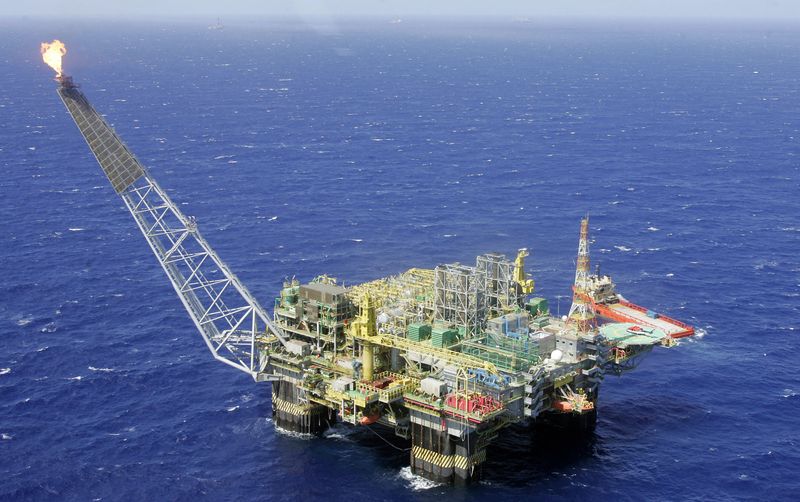 © Reuters
© Reuters By David Ho
Investing.com – Oil was up on Monday morning in Asia after Saudi Arabia raised the price steeply for its crude sales in July, a sign that supplies remain tight even though OPEC+ agreed to accelerate its output increases over the next two months.
The price rose 0.2% to $120.46 at 10:06 pm ET (2:06 GMT) and then jumped 0.67% up to $119.42.
Aramco announced on Sunday that it will pay $6.50 more for its Arab Light crude oil to Asia than the Oman or Dubai benchmarks. The premium was up from $4.40 in June.
Despite a request by the Organization of the Petroleum Exporting Countries (OPEC+) last week to boost output by 648,000 barrels/day, which is 50% more than was previously planned, the decision came as a surprise.
Stephen Innes, managing partner at SPI Asset Management, stated in a note that “Saudi Arabia spent little time increasing its official selling prices for Asia…seeing knock on effects at futures open across all the oil markets spectrum.”
Saudi Arabia has also raised the Arab Light OSP for northwestern Europe to $4.30 over ICE (NYSE.:) Brent in July. This is an increase of $2.10 from June. The premium was $5.65 higher than the Argus Oil Crude Index.
Since several member nations, including Russia are unable or unwilling to raise output, the OPEC+ decision on output increases is not widely considered to be able to meet demand. In the meantime, American demand is rising amid peak driving season. China has also begun to ease COVID lockdowns.
Vivek Dahar, an analyst at Commonwealth Bank, said that the rise is needed but not enough to meet demand growth. This was especially when you consider that Russia’s oil import ban has been partially imposed by the EU.

